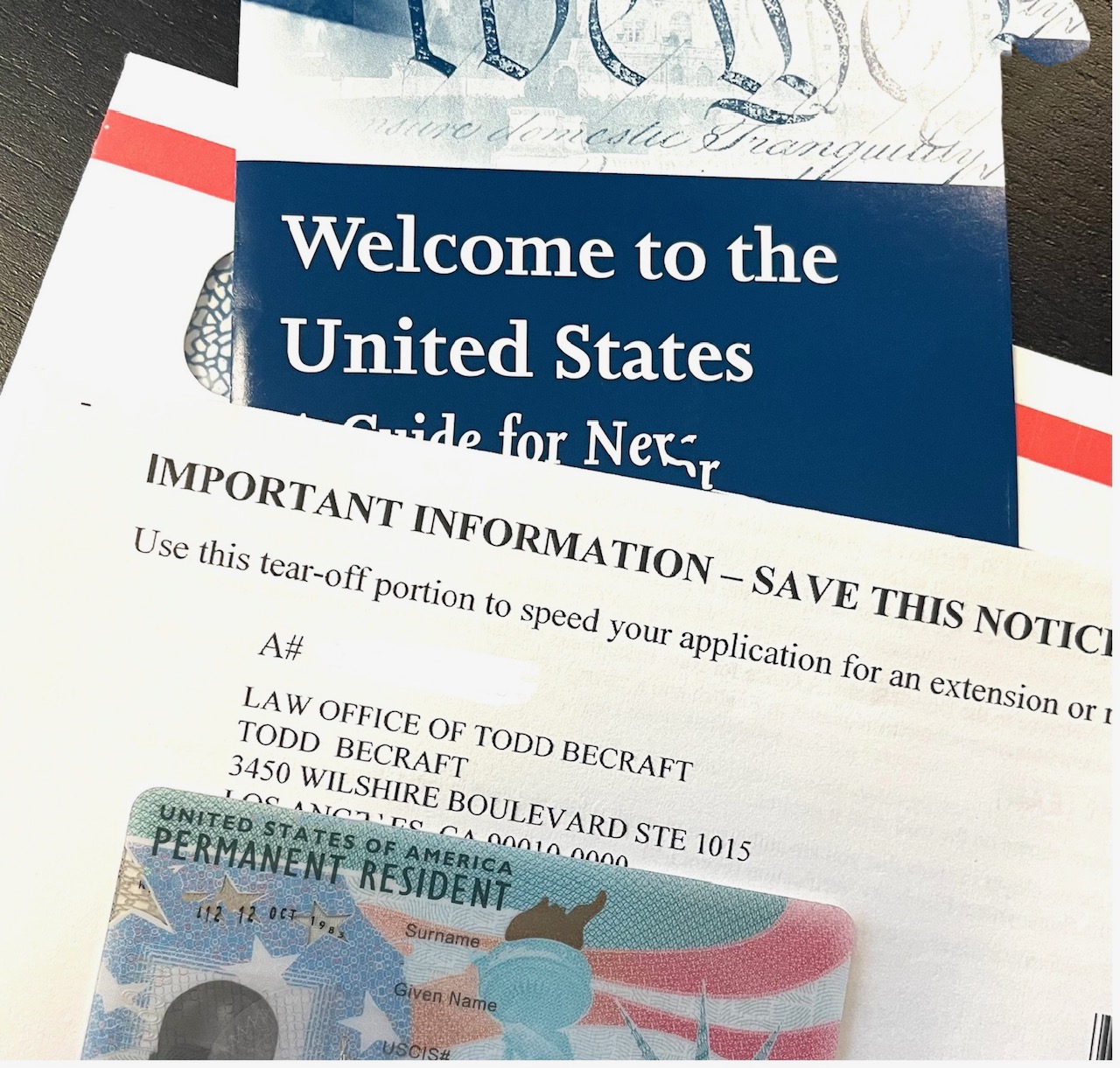
Unlawful presence is an issue that confuses even immigration lawyer let alone immigrants. There are really two issues that sound the same, however they are actually quite different. Undocumented versus unlawful presence. Sounds like the same thing, right? It’s not.
The difference is that undocumented people – immigrants in the United States without a green card or current visa, may not be unlawfully present (ULP.) Very confusing. The difference is essentially that someone with certain applications pending is not considered to be guilty of Unlawful Presence. Asylum applications being the primary application in this regard. Unfortunately, an application for a green card does not stop unlawful presence. Deferred Action for Childhood Arrivals stops ULP.
ULP becomes VERY important if you leave the country and attempt to return. Immigration law bars persons who have accumulated a certain period of unlawful presence (ULP) in the US and then left the country from becoming permanent resident for a period of time unless they first obtain a waiver.
Persons who have accumulated 180 days or more of ULP after April 1, 1997, and have then left the country, cannot return to the US for three (3) years. Persons who have accumulated one year or more of UP after April 1, 1997, and have then left the country, cannot return to the US for ten (10) years. Persons who illegally return to the US without seeking a waiver must wait outside the US for a period of 10 years before they can apply for a waiver. The same rule applies to persons who illegally reenter the US after being deported. These two scenarios are often referred to as the “Permanent Bar.” It’s not actually permanent, however the effect is virtually permanent given the difficulty of obtaining a waiver after ten (10) years in one’s home country.
A person can accumulate ULP by (1) entering the US without inspection; (2) by overstaying the expiration date on his I-94; or (3) by violating his status if he is notified by the government that he has done so.
A waiver for the ULP bars may be obtained by submitting Form I-601A to the USCIS and demonstrating that the person’s US citizen or permanent resident spouse or parent(s) would suffer “extreme hardship” unless the person was granted a waiver. United States citizen or permanent resident children can’t be used as “qualifying relatives” for this waiver. To do so would gut the requirement for a waiver as it would virtually always be and extreme hardship to children if their parents are deported and the child remained in the United States.
In 2013, immigration service during the Obama administration implemented the I-601A waiver process. Before that time an immigrant had to apply for a waiver at the U.S. Consulate in his or her home country and hope that it was granted. Now, the I-601A is filed in the United States and the immigrant knows before traveling whether his or her waiver has been granted. Obviously, if the waiver is denied than the immigrant will not leave the country to be denied his green card and get stuck in his or her home country.
Extreme Hardship requires more than mere separation and the resulting heart ache. It can involve a health issue – either physical or mental. Although a child cannot be used as the direct qualifying relative, if the child has special needs the absence of one parent will indirectly cause extreme hardship to the permanent resident or U.S. citizen parent. Finally, finances may be sufficient particularly if the immigrant is the primary bread winner for the family.
Please call my office if you would like to discuss this issue further please call my office at (213) 388-1821.
